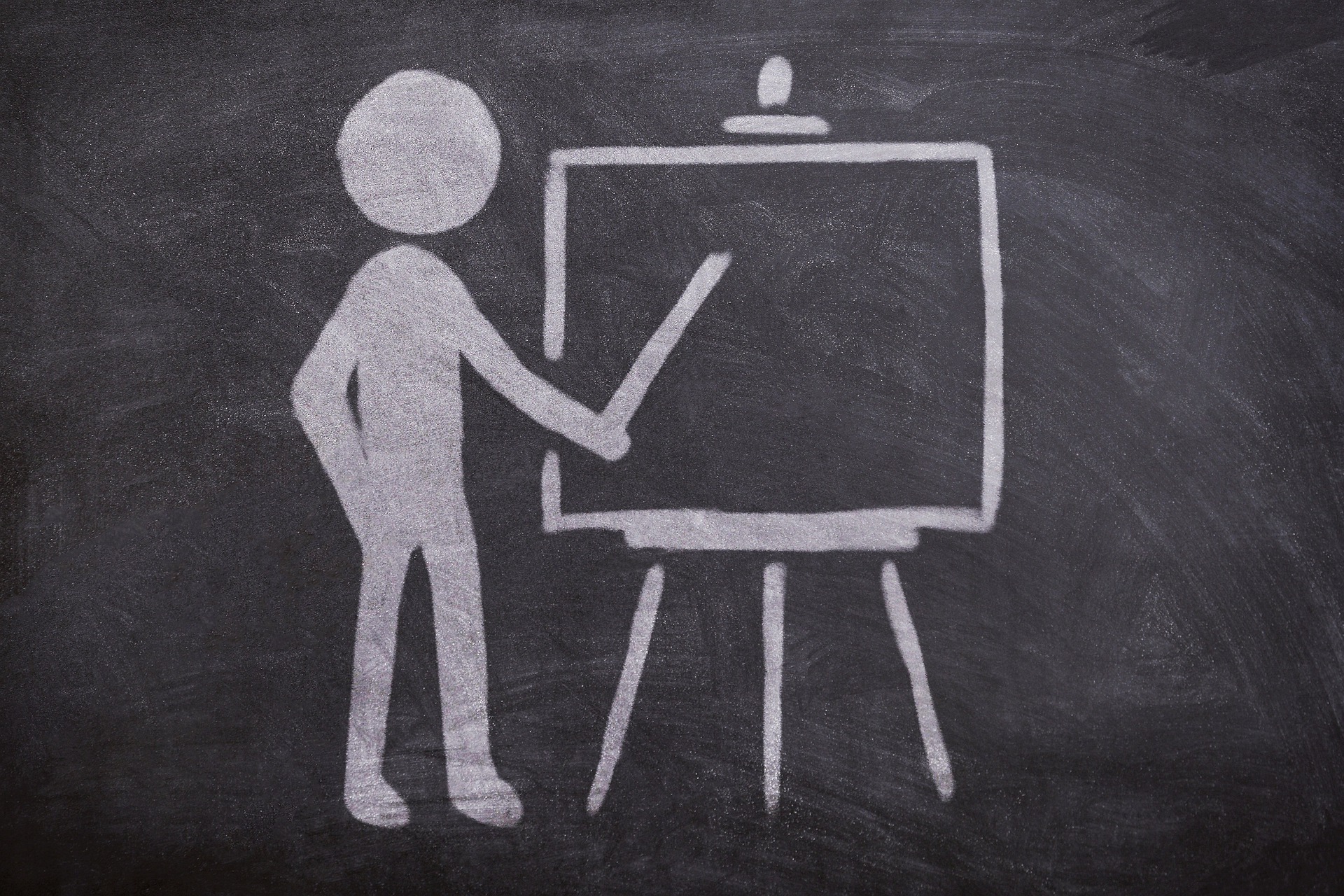When Students Prepare to Teach, They Learn Better. Here’s Why
When students prepare to teach a subject, they learn it more effectively. A new study provides a blueprint for incorporating the benefits of student teaching without taking up class time.

Education researchers have long known that having students teach their peers helps them learn.
“Teaching is this generative activity where students are having to do something and discuss the information, make explanations, make summaries of it,” says Tricia Guerrero, a graduate student researcher and PhD candidate at the University of Illinois at Chicago.
However, time constraints make it a difficult strategy for teachers to implement. “You may not have time for every single student in your classroom to be able to study something and then every single student be able to teach it,” says Guerrero, who works in the Comprehension, Collaboration, and Creativity Lab in the Department of Psychology.
While thinking about how time constraints limit the use of student teaching, Guerrero and her colleague Jennifer Wiley wondered if simply preparing to teach, but not actually delivering a lesson, would have a similar benefit. Some previous research suggested it might, although one small 2013 study didn’t find a benefit for preparing to teach alone.
Guerrero and Wiley decided to perform a larger study and conducted two experiments with a total of more than 400 students. In both experiments, they found that having students merely prepare to teach significantly increased their understanding of a topic. The results of these experiments were recently published in the Journal of Educational Psychology.
Expecting to Teach: What the Study Found
In one experiment, Guerrero and colleagues worked with 206 undergraduate college students. All participants read a simple text on the Doppler Effect that was just over 500 words. Some were told to study the reading in order to prepare for a test, while others were told they’d have to teach the Doppler Effect and give a short lecture on it.
Even though no students ever taught about the Doppler Effect, those who had been preparing to teach seemed to learn differently. A week later the students who prepared to teach scored 9 percent higher on factual recall and 24 percent higher on their ability to make inferences than the students who simply prepared for a test.
Tools and ideas to transform education. Sign up below.
A second experiment had 214 undergraduates read a more advanced and longer, 1,331-word text on fermentation. Once again some students were told to prepare for a test while others were told to prepare to teach. The results were similar to the first experiment: those expecting to teach out-performed those expecting a test.
“When students were expecting to teach, they were highlighting more of the more important information in the text,” Guerrero says. “This tells us they were more cued into things that were more important to developing an understanding of the information. They also were making more connections between those pieces of information. That tells us not only were they understanding the concepts, but they were understanding how those concepts are related to one another.”
She adds, “When you expect to have to teach, it changes how you engage in the learning process, and that leads to reinforcement of memory of the text, but also improvement in understanding.”
Expecting to Teach: Classroom Implications
An important takeaway of the study is its potential as a timesaving strategy. “I was a teacher for 10 years, and in the classroom, time is expensive,” she says. Using this study as inspiration, a teacher might assign all students to prepare a brief lecture on a subject but only have one or two students actually deliver the lecture or presentation.
More broadly, the study has implications about how teachers can help students use their study time most productively.
“We can do a lot of things after students have already engaged in study to reinforce their understanding, such as having them write summaries, or explanations, or do some kind of practice tests,” Guerrero says. “But what this study tells us is that what we do prior to engaging in that study process can also affect how we learn. And so whether that's giving students different kinds of reading goals or instruction prior to learning, we can't just expect that students know what to do in the reading process. We actually have to give them instruction and information to help them to engage in the reading process at the right levels of processing.”
Erik Ofgang is a Tech & Learning contributor. A journalist, author and educator, his work has appeared in The New York Times, the Washington Post, the Smithsonian, The Atlantic, and Associated Press. He currently teaches at Western Connecticut State University’s MFA program. While a staff writer at Connecticut Magazine he won a Society of Professional Journalism Award for his education reporting. He is interested in how humans learn and how technology can make that more effective.

